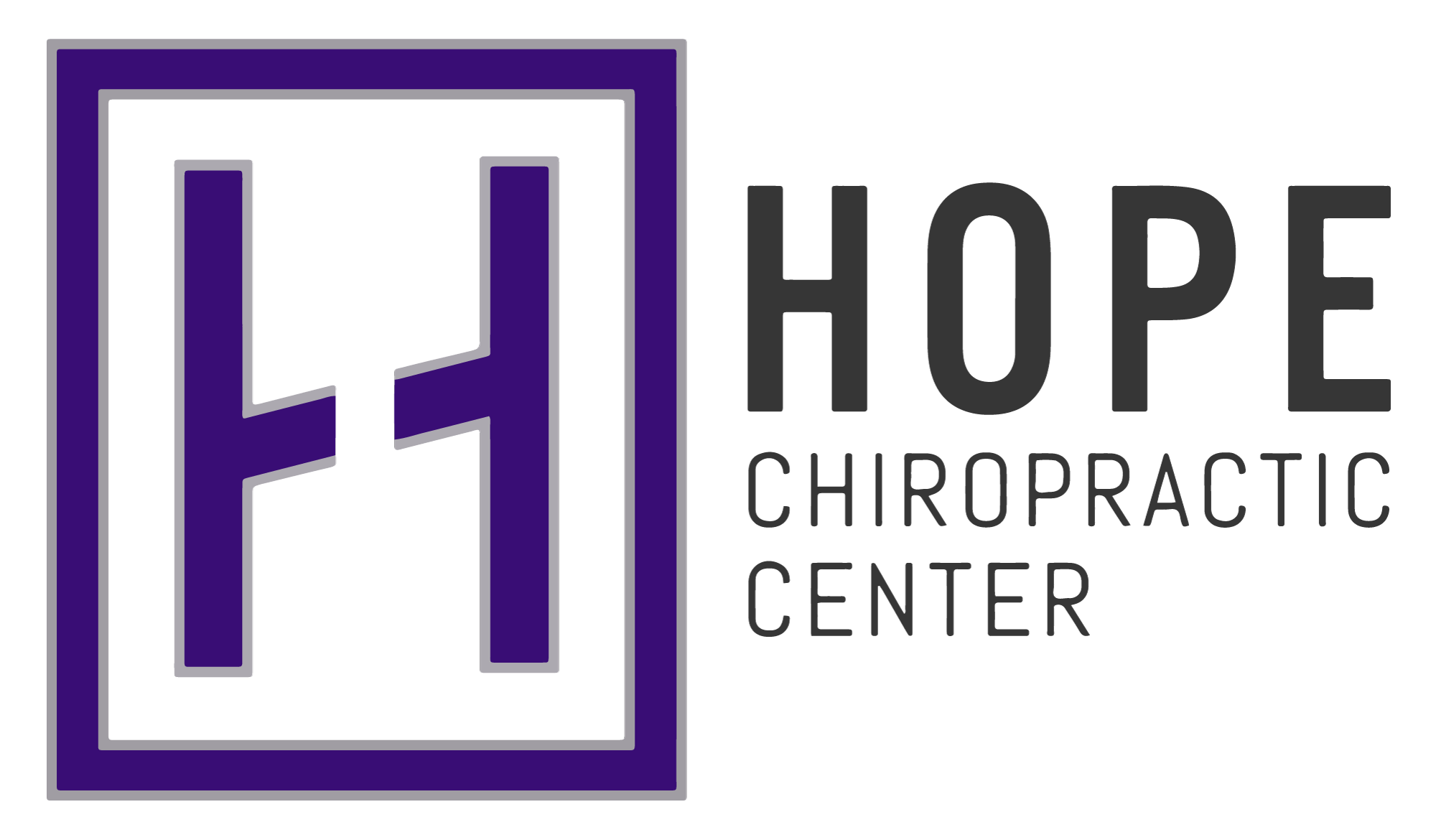Car accidents and contact sports are the two most common causes of head trauma, but this can occur anytime a person’s head is subjected to a sudden, violent force. The resulting trauma can be mild and go away on its own or it can be severe and require immediate medical attention. Knowing what level of head injury you or someone you love has experienced can save your or their life, so here are some symptoms to look out for:
MILD
Someone who has experienced mild head trauma can experience symptoms such as headache, dizziness, lightheadedness, nausea, ringing in the ears, fatigue, difficulty sleeping, and a sensitivity to light or sound. These symptoms can occur immediately after the traumatic event, or they may start showing up days or weeks later. Even if you think that you or someone you know only has mild head trauma, it is still important to seek professional medical help to confirm that the injuries are indeed minor.
MODERATE
A person who has experienced moderate head trauma can face symptoms like loss of consciousness, persistent headache, dilation of one or both pupils, coordination problems, and repeated vomiting in addition to the symptoms of mild head trauma. Someone with this level of trauma should seek medical help as soon as possible to decrease any swelling of the brain or drain any fluids that may have built up.
SEVERE
Anyone who has experienced severe head trauma needs to seek medical help immediately after the traumatic event occurs. The symptoms of severe head trauma include all of the mild and moderate symptoms plus seizures, clear fluids draining from the nose or ears, numbness in fingers or toes, profound confusion, slurred speech, loss of muscle control, and coma. If the injury is severe enough or if it is not treated immediately, severe head trauma can cause complications.
HEAD TRAUMA IN CHILDREN
It is more difficult to diagnose head trauma in children because they are not able to effectively communicate many of their symptoms. So, if you suspect that your child has experienced head trauma, watch for these symptoms: change in eating or nursing habits, irritability, persistent crying, change in sleeping habits, depressed mood, drowsiness, and loss of interest in favorite toys or activities. You can take your child to the doctor to confirm the diagnosis, and remember that it is always better to be safe than sorry when it comes to head injuries.
COMPLICATIONS OF HEAD TRAUMA
Unfortunately, some individuals who undergo head trauma end up experiencing complications from it. Those complications can include seizures, fluid buildup, infections, blood vessel damage, vertigo, vegetative state, minimally conscious state, and brain death. Sometimes patients recover from these complications, but there is always a chance that the complications are irreversible.


